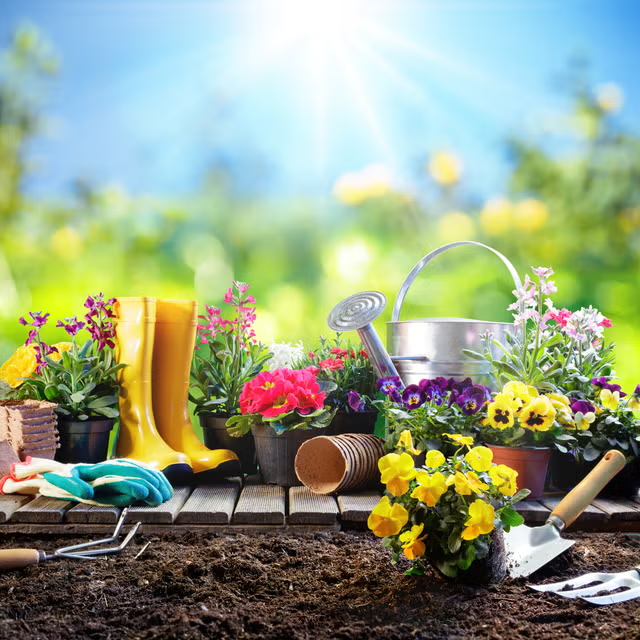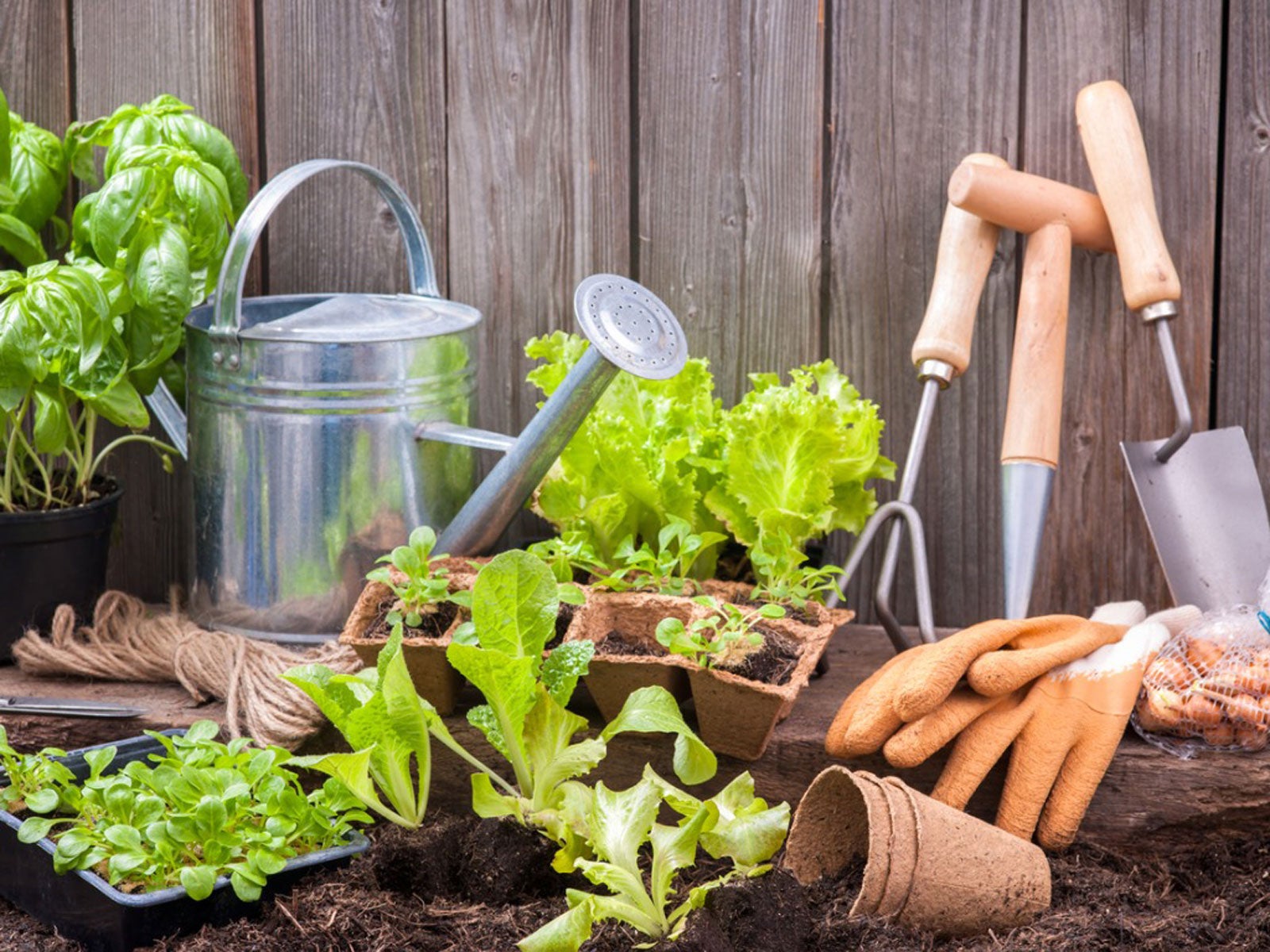Kickstart Your Gardening Trip: Structure the Perfect Gardening Kit for Beginners
Wiki Article
Expanding Environment-friendly Thumbs: a Beginner's Journey Into the Globe of Horticulture
Are you anxious to get your hands unclean and begin growing your very own garden? You'll find out regarding picking the right plants, comprehending dirt and compost, and important gardening devices. We'll likewise instruct you watering and fertilizing strategies and just how to deal with typical garden pests. gardening for beginners.Picking the Right Plants
You need to analyze your horticulture space and establish the number of plants that will fit conveniently. Step the measurements of your garden beds or pots and compute the offered room. Think about the mature size of the plants you intend to expand.When you have a clear idea of your gardening area, it's time to pick the right plants. Specific plants grow in full sun, while others like partial shade. This will assist you pick plants that are suited to your specific problems.
If you're new to gardening, opt for plants that are easy to expand and require very little maintenance. Choose plants that have a much shorter maturity period if you live in an area with a much shorter expanding period.
Recognizing Soil and Compost
Dirt is the foundation of your garden, giving nutrients, water retention, and assistance for your plants. It is important to have an excellent understanding of your soil kind, whether it is sandy, clayey, or loamy, as this will certainly establish the types of plants that will grow in your garden. Remember, a abundant and healthy dirt is the key to an effective garden, so take the time to recognize your dirt and incorporate garden compost to guarantee your plants prosper.
Necessary Gardening Devices
A great pair of gardening gloves is a must-have to safeguard your hands from thorns, prickly plants, and dirt. A yard tube or watering can is crucial for maintaining your plants moistened. A tough set of pruning shears or secateurs is vital for trimming and shaping your plants.Watering and Fertilizing Strategies

Taking Care Of Common Yard Vermin
As a beginner gardener, you might run into typical yard parasites that can inflict mayhem on your plants. These insects can vary from insects like aphids, caterpillars, and beetles, to tiny pets like rabbits and squirrels. It is very important to be able to deal and determine with these bugs effectively in order to shield your plants and guarantee a successful yard.Among the first steps in taking care of garden parasites is to frequently check your plants for any kind of indications of invasion. Look for eaten leaves, openings in the foliage, or the home gardening for beginners existence of small bugs. It's vital to take action right away to stop them from spreading and triggering additional damages. if you spot any type of bugs.
There are numerous methods you can utilize to manage yard parasites. One option is to use natural predators, such as ladybugs or hoping mantises, to assist manage the populace of parasites. You can also use physical barriers, such as fences or netting, to keep larger animals like rabbits out of your garden. Furthermore, there are natural bug control sprays offered that can aid prevent and eliminate usual garden insects.
Remember, prevention is crucial when it involves managing yard pests. Maintaining your yard clean and cost-free of debris can help reduce the chance of an infestation. Consistently removing weeds and dead plants can also help remove hiding places for insects.

Conclusion
By picking the right plants, understanding dirt and compost, utilizing essential gardening tools, and mastering watering and feeding strategies, you have actually set yourself up for success. Do not neglect to remain watchful in dealing with common garden insects to guarantee your plants prosper.Soil is the foundation of your garden, giving nutrients, water retention, and assistance for your plants. It is essential to have a great understanding of your dirt kind, whether it is sandy, clayey, or loamy, as this will identify the types of plants that will certainly prosper in your garden. Remember, a fertile and healthy and balanced soil is the key to a successful garden, so take the time to comprehend your soil and integrate garden compost to guarantee your plants flourish.
As a newbie gardener, you might experience typical yard insects that can wreak mayhem on your plants. It's crucial to be able to deal and recognize with these pests successfully in order to protect your plants and ensure a successful yard.
Report this wiki page